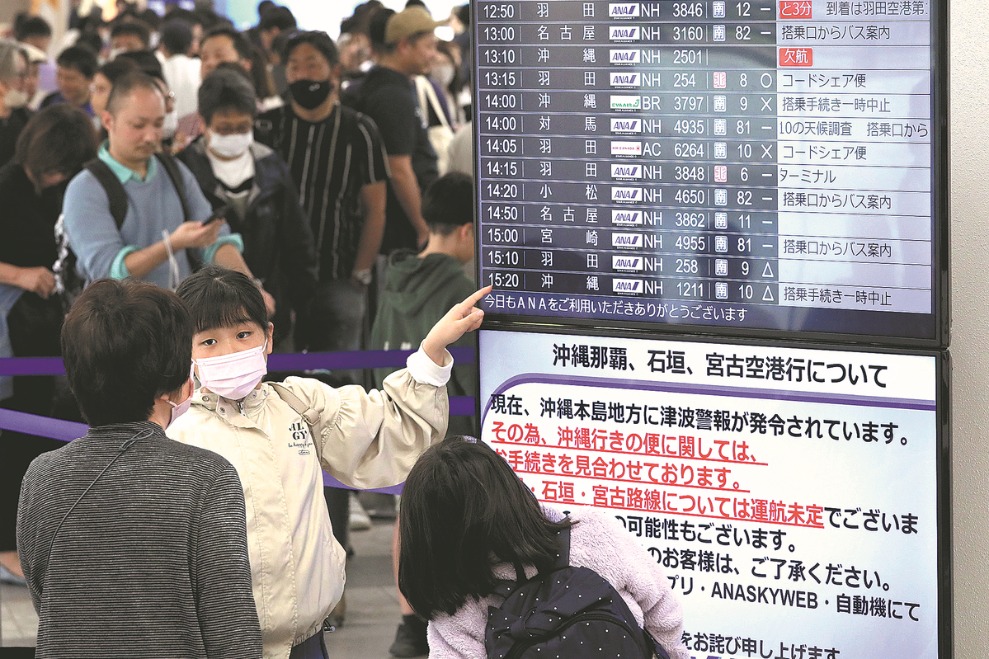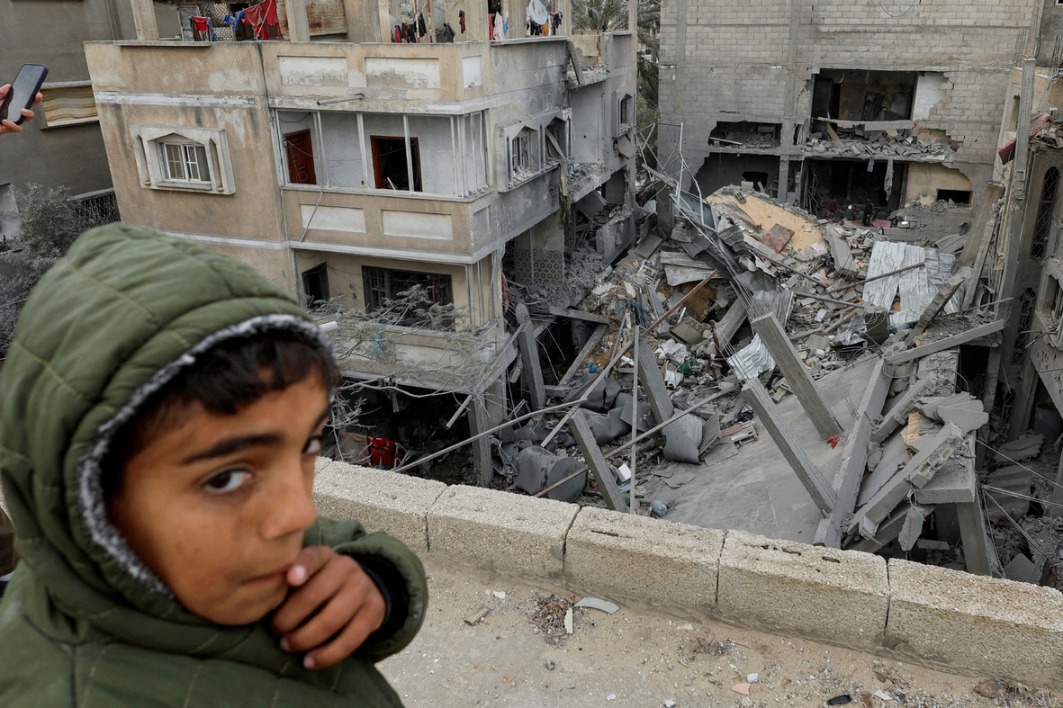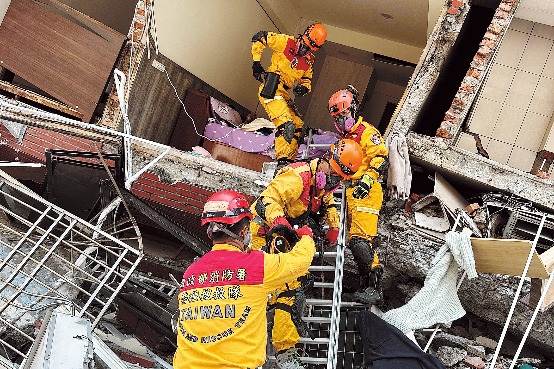Maui's head of emergency agency resigns
By MAY ZHOU | China Daily | Updated: 2023-08-19 07:21
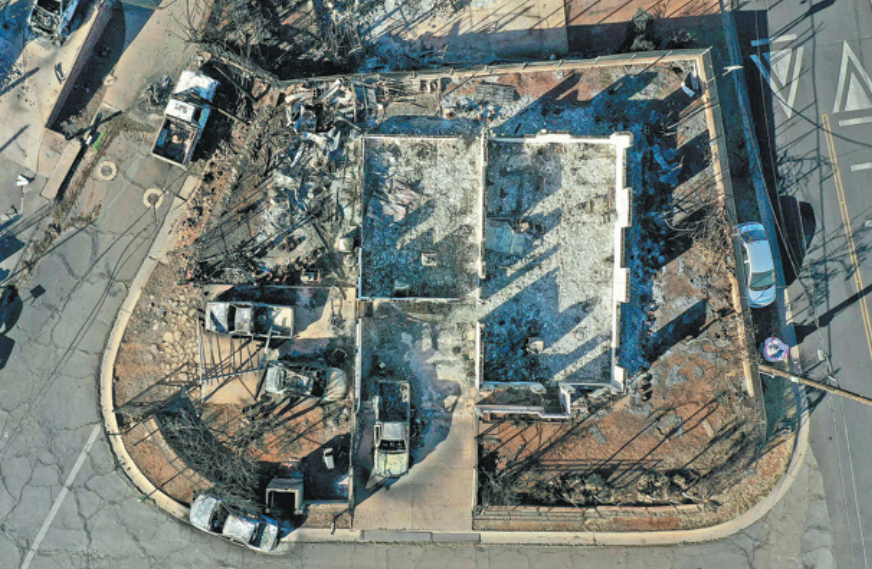
Deadliest wildfire in US kills at least 111 as silent siren system angers residents
The head of the Maui Emergency Management Agency, who said this week he did not regret his decision in not sounding powerful warning sirens as a deadly wildfire ripped through the Hawaiian town of Lahaina, resigned on Thursday.
Herman Andaya had come under criticism for not activating the islandwide network as fast-moving flames bore down on the city, with survivors saying they had no warning of the blaze.
At least 111 people are known to have died in what was the deadliest wildfire in the United States in over a century. The final toll is expected to be considerably higher.
"Today, Mayor Richard Bissen accepted the resignation of Maui Emergency Management Agency Administrator Herman Andaya," a Maui County release said.
"Citing health reasons, Andaya submitted his resignation effective immediately."
Andaya's decision not to activate the sirens is one of a number of perceived missteps by local officials before, during and after the blaze which have angered survivors, who say more lives could have been saved.
"The sirens are used primarily for tsunamis. The public is trained to seek higher ground in the event that the siren is sounded," Andaya had told a news conference on Wednesday.
"Had we sounded the siren that night, we're afraid that people would have gone (into the hills) …into the fire."
Asked if he regretted the decision not to activate the system, he replied: "I do not."
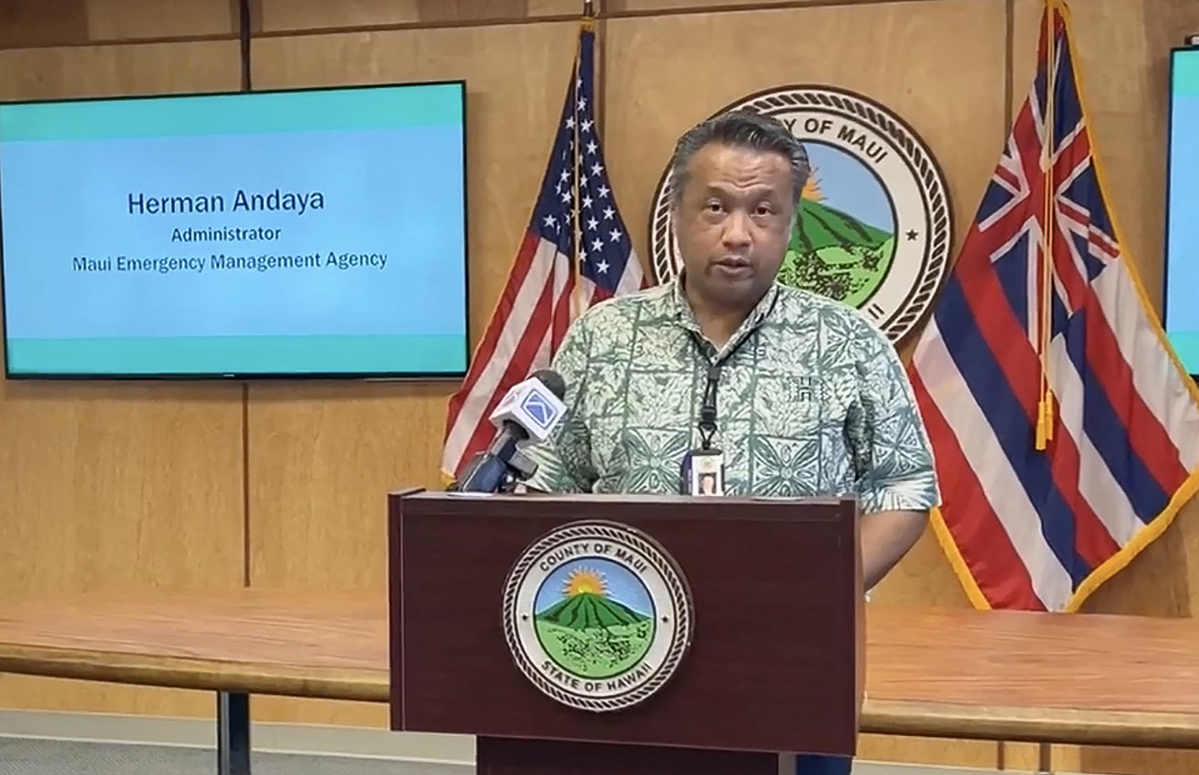
Many of those who were killed are believed to have been trapped in their homes or caught in their cars as they made a desperate last-minute bid to escape.
With about 80 percent of Lahaina destroyed, Hawaii health officials said a cleanup of toxic materials will likely take weeks, if not months.
"It's going to be a long time," state toxicologist Diana Felton told Hawaii Public Radio.
Over the next two weeks, Felton said teams led by the Environmental Protection Agency will work to remove obvious hazards such as propane tanks from the area.
There is a high chance that many of Lahaina's older buildings contained lead paint or asbestos because the town was built well before the 1970s. Those materials are likely still present in the fire debris and could make contact with skin or accidentally be inhaled. Arsenic, which was used in the 20th century as a herbicide on sugar and pineapple plantations, is also a concern.
Residents were advised not to return to their homes too soon and to wear protective clothing, N95 masks and gloves if they want to recover whatever they can.
"These areas should be approached very carefully, very cautiously," Felton said.
Other experts said the toxic soot left by the fire is another issue. Toxic ash and dust can be stirred back into the air months later. Rain may wash the toxic materials into the water system if not cleaned from the soil in time.
Big challenge
"If it's not cleaned up properly, it can be released to the environment in different ways," Newsha Ajami, a water expert at Lawrence Berkeley National Laboratory, told The Washington Post. "Next rainfall, next storm potentially can wash it off to the ocean or actually impact the groundwater, depending on the location. So it's a big challenge."
Some Maui residents are reporting that investors and real estate agents are trying to capitalize on the wildfires to purchase their land.
Hawaii Governor Josh Green said on Wednesday that he told the state attorney general to work toward a moratorium on land transactions in Lahaina to protect local landowners from being "victimized" by opportunistic buyers. He acknowledged the move might face legal challenges.
"My intention from start to finish is to make sure that no one is victimized from a land grab," Green said. "People are right now traumatized. Please do not approach them with an offer to buy their land. Do not approach their families saying they'll be much better off if they make a deal. Because we're not going to allow it."
Agencies contributed to this story.






